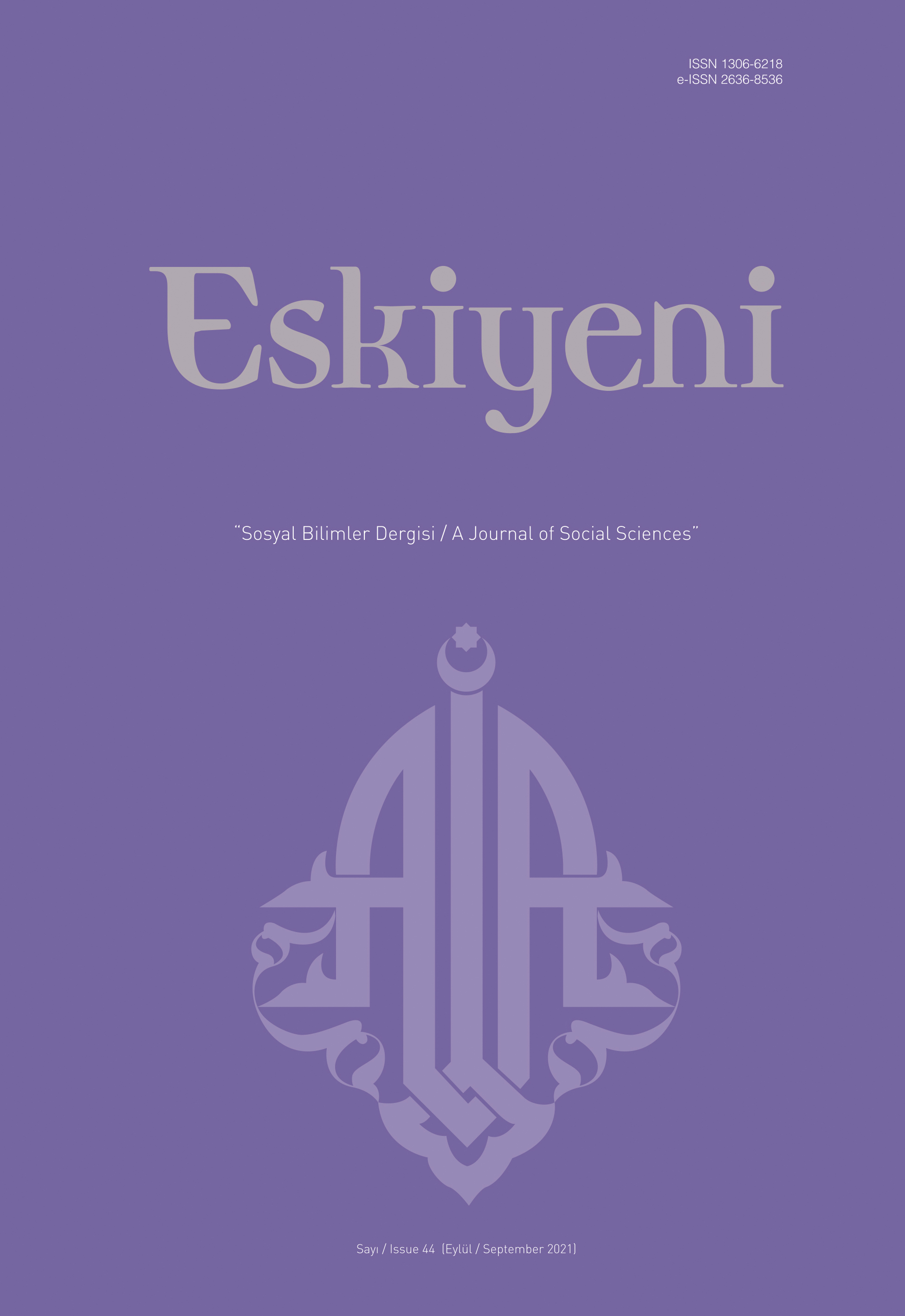Evolutionary Secularisation of the Ottoman Law in the Nineteenth Century: Roots and Implications
Evolutionary Secularisation of the Ottoman Law in the Nineteenth Century: Roots and Implications
Author(s): Miyase Altıntaş YavuzSubject(s): History of Law, Theology and Religion, The Ottoman Empire, Sharia Law
Published by: Anadolu İlahiyat Akademisi
Keywords: Islamic Law; Ottoman Law; Codification; Tanzimat; ‘Urf; ‘Urfī Law; Qānūn;
Summary/Abstract: In the world history, the nineteenth century witnessed globally major economic, politic, and social changes. More importantly, their implications constitute today’s challenges particularly for modern Muslim-majority states where the tension between state, religion and society has not been settled. There is no doubt that looking at the past where the separation between sharī‘a and state started clearly to appear serves for a better understanding of today’s struggle in locating the role of sharī‘a in legal systems of modern Muslim-majority states. Many of them, i.e. the Middle Eastern and some North African states are the successors of the Ottoman Empire. The Ottomans ruled over continents for centuries thanks to their well-established governmental policy and legal system. However, they were also obliged to introduce some remarkable changes in social, political and legal spheres in the nineteenth century. The era is generally called as the process of Ottoman modernization and secularisation referring to Tanzimat Edict and following legal reforms. This study seeks to analyse the way Ottoman law has been transformed in the nineteenth century, as well as its roots, challenges and implications. To this end, the paper offers an answer to the questions as to whether secularisation of Ottoman law was evolutionary or revolutionary, why it had to go through a process of secularisation, and to what extent classical Ottoman system could serve this secularisation process. To address these inquiries, the study is divided into two principle sections: the first part evaluates the classical Ottoman legal system and its religious and non-religious characters, arguing that the Turkish state tradition with its influence on government and law making were in fact the changeable features of the Ottoman law
Journal: Eskiyeni
- Issue Year: 2021
- Issue No: 44
- Page Range: 385-408
- Page Count: 24
- Language: English

